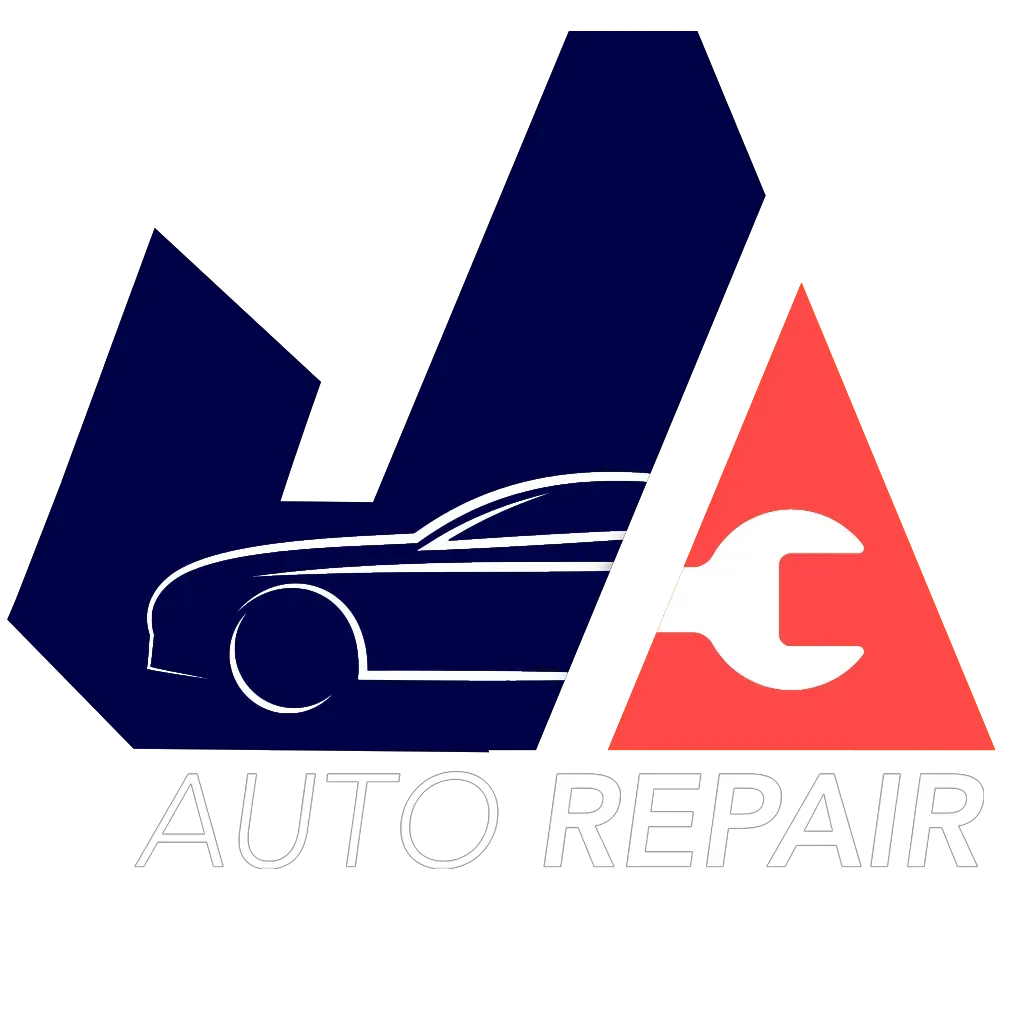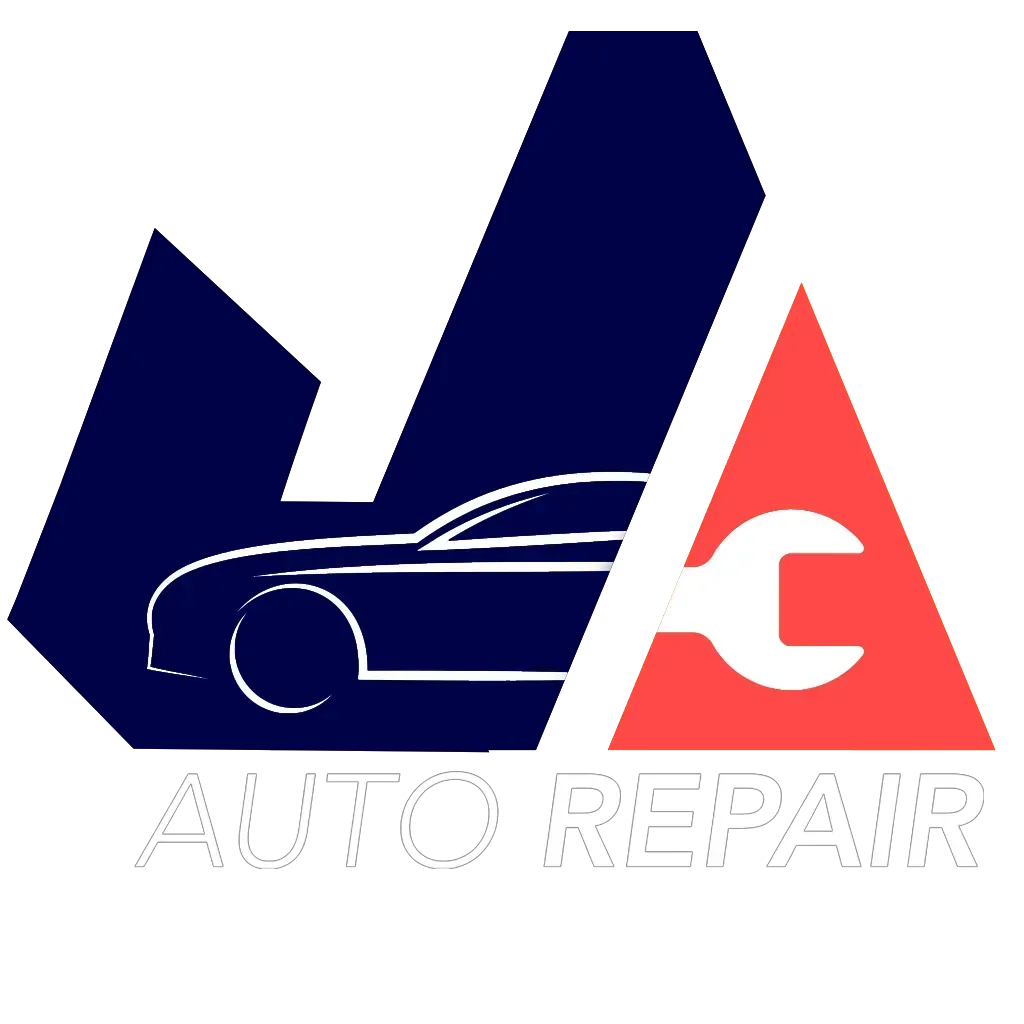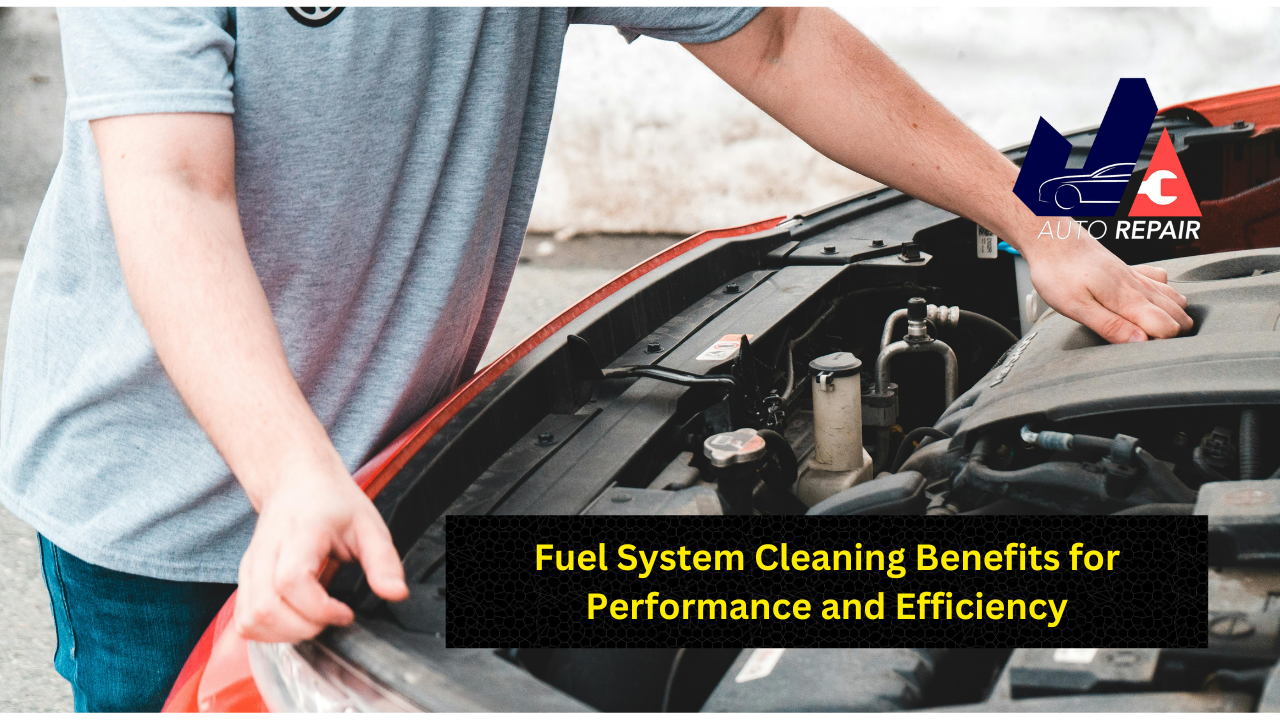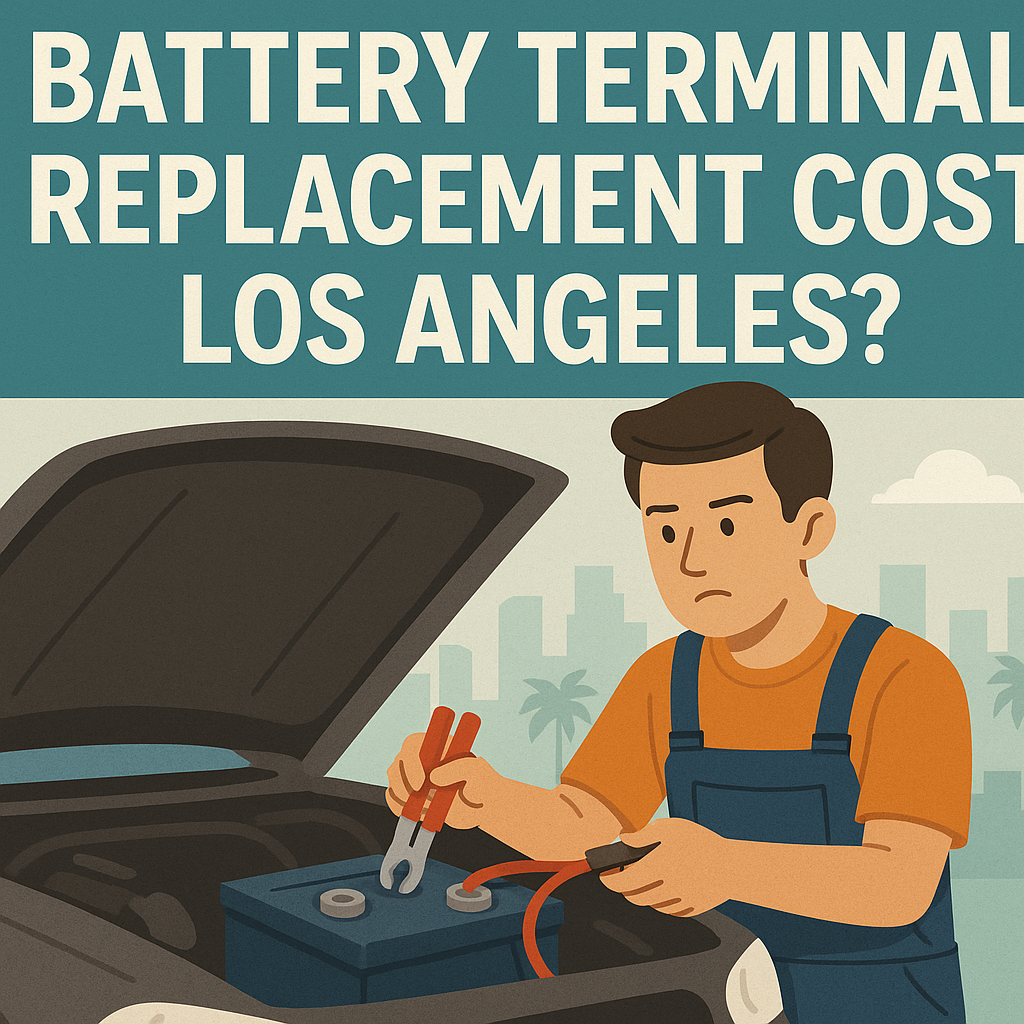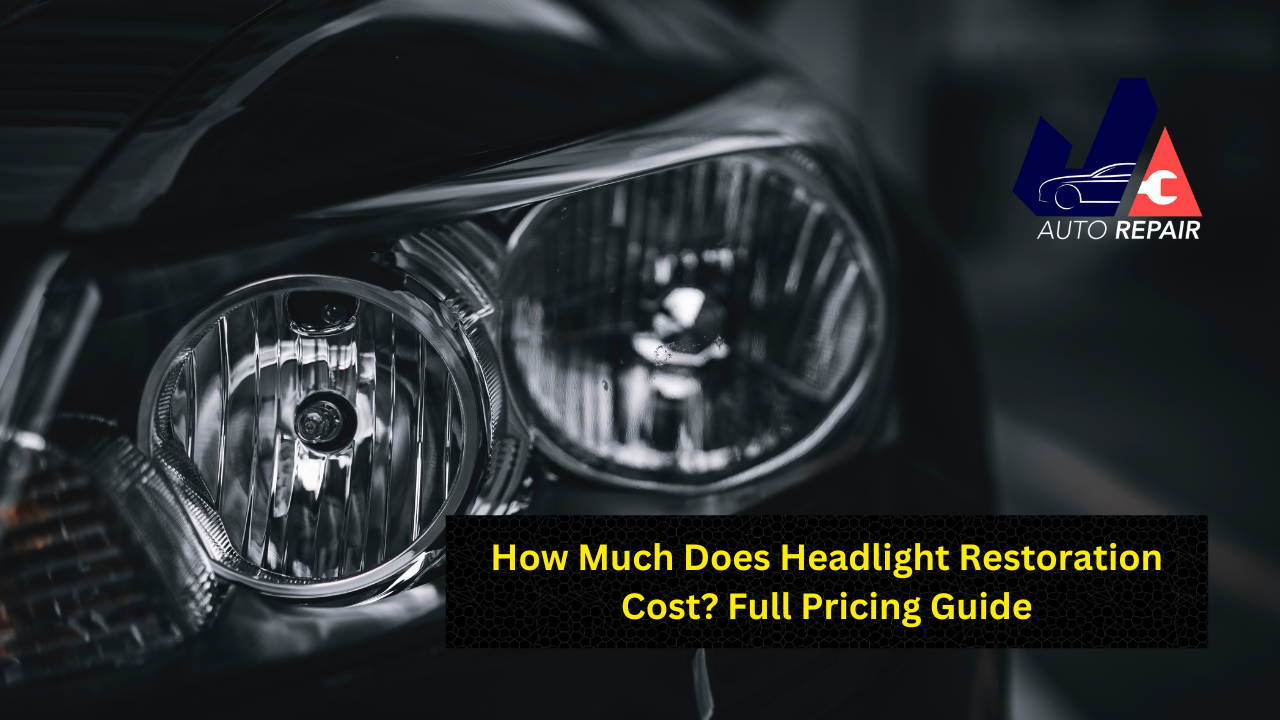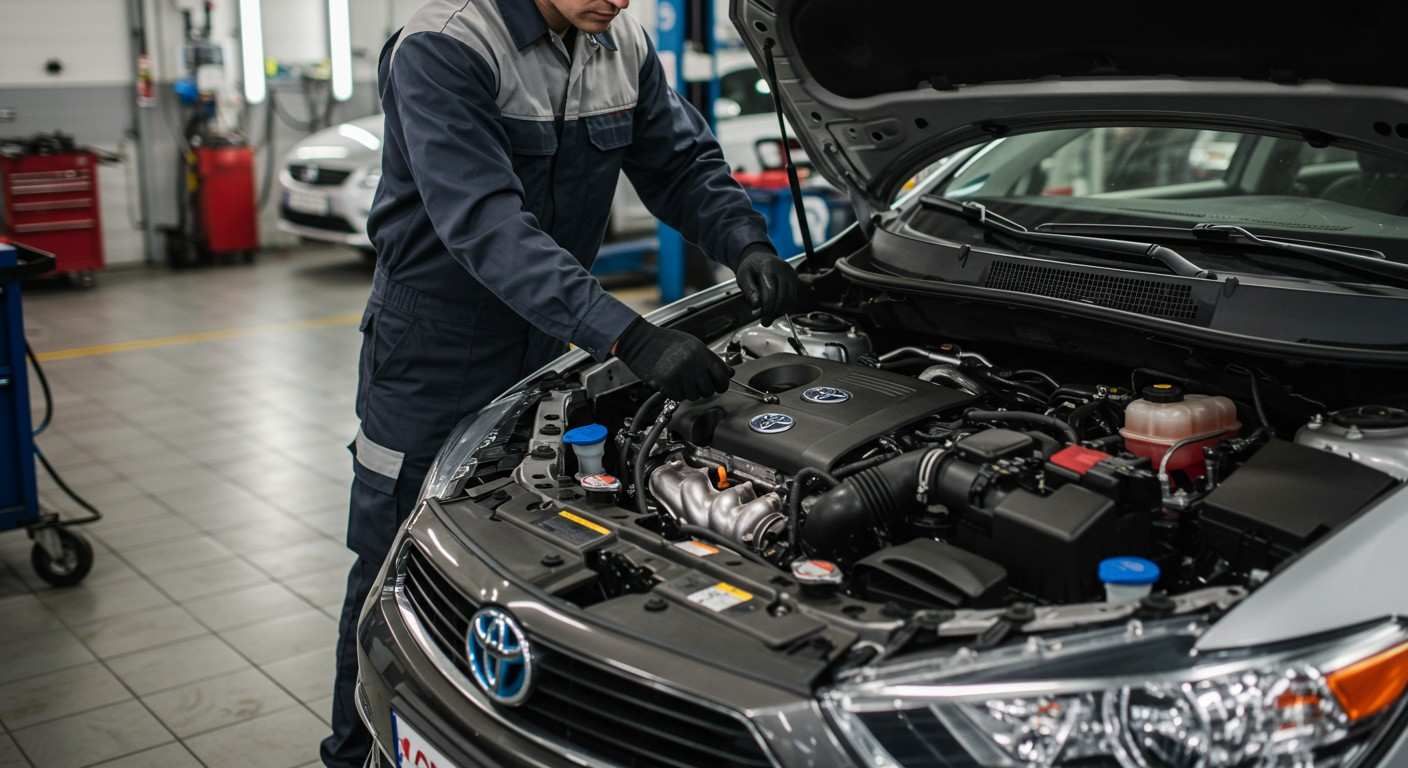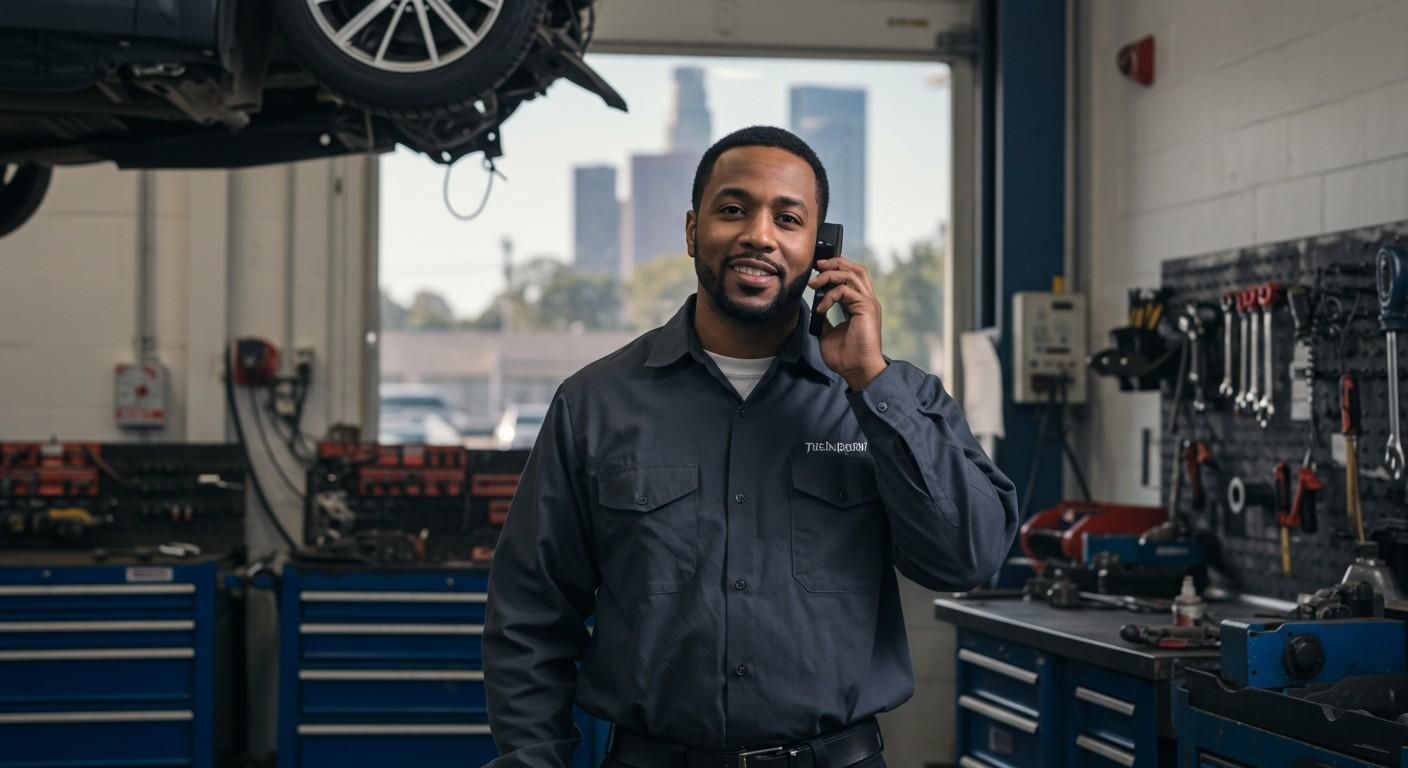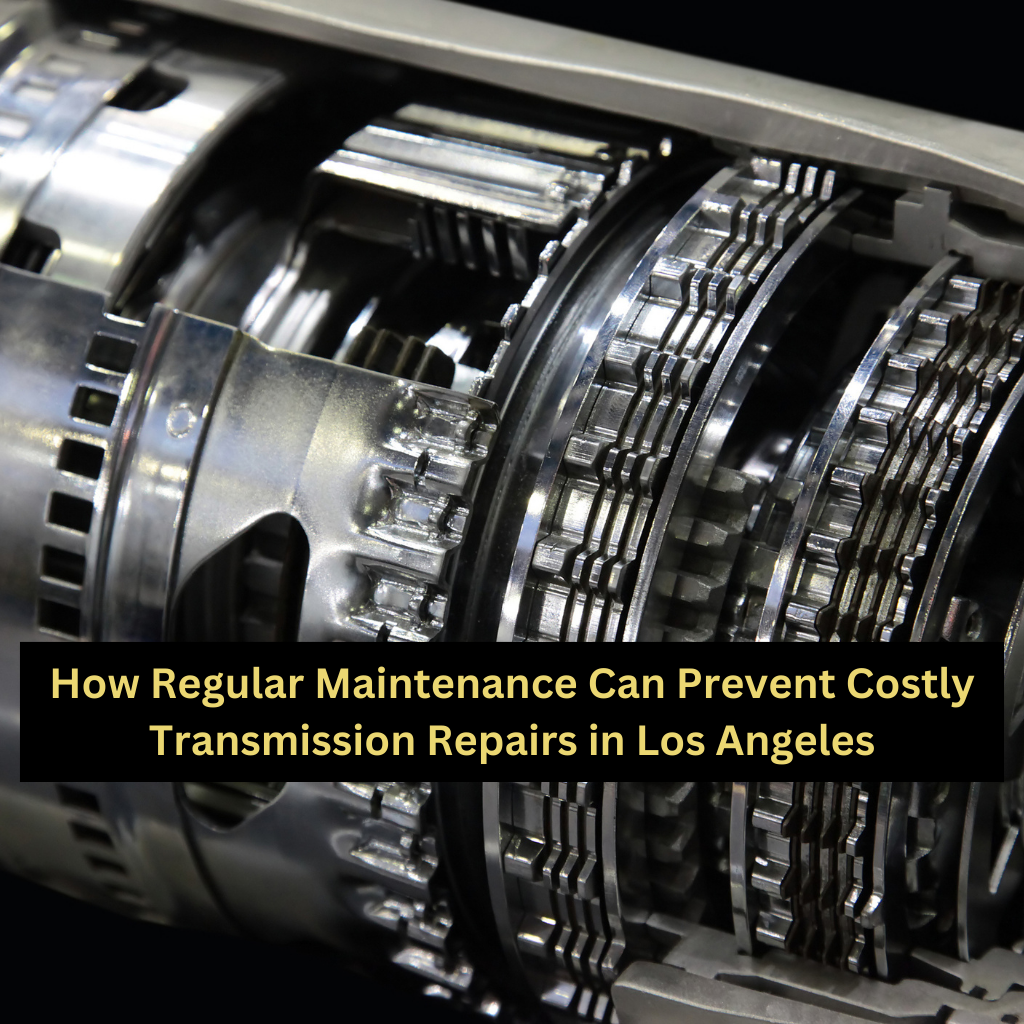Do Mechanics Break Things On Purpose
Getting around the automotive repair industry sometimes feels like walking a tightrope - you have to balance getting good service while avoiding potential hazards.
For many vehicle owners, the underlying fear is a troubling question: do mechanics break things on purpose?
It's a concern that taps into the anxiety of facing unexpected and, perhaps, unnecessary repair costs.
Yet, understanding the motivations and practices within the repair industry can illuminate the reality behind this fear, guiding us toward more informed and confident decisions regarding our vehicle's care.
The majority of mechanics operate with integrity and professionalism, understanding that their success hinges on trust and reliability. It's highly unlikely for ethical mechanics to intentionally damage vehicles as it would not only be illegal but would also jeopardize their business and reputation.
Do Mechanics Break Things On Purpose - A Quick Answer
When it comes to automotive care, the concern that mechanics might intentionally damage vehicles to generate extra business is a significant source of anxiety for many car owners. However, the reality is far from this perception. Reputable and ethical mechanics know the value of trust in sustaining their business. Intentionally causing damage is counterproductive; it's illegal, risks their reputation, and ultimately, could lead to the loss of business as word of such practices spreads. In the vast majority of cases, mechanics are your allies in maintaining the health and longevity of your vehicle, employing their skills and expertise to diagnose and fix issues without ulterior motives. Understanding this can transform your approach to auto repair from one of suspicion to one of collaboration, seeking out those professionals who are committed to quality and honesty.
Contact us; at JC's auto repair shop in Los Angeles for full repair services for all makes and models including Car A/C repair, brake repair, and Transmission Repair. Quality service at affordable pricing, offered by expert technicians.
The Ethical Landscape of Automotive Repair
The automotive repair industry, like any other, operates on a spectrum of ethical practices. Most mechanics are professionals committed to upholding the highest standards of service and integrity.
These skilled technicians understand that their reputation and business thrive on honest work and transparent relationships with customers.
They adhere to strict ethical guidelines, ensuring every car is treated with the utmost care and professionalism. This dedication not only secures their place in the industry but also fosters a loyal customer base.
Despite the prevailing professionalism, misconceptions about mechanics intentionally causing damage to vehicles persist.
It's crucial to acknowledge that these are exceptions rather than the rule. The belief that mechanics routinely engage in such practices is more often than not, a myth perpetuated by a few negative experiences.
In reality, the automotive repair industry is built on trust and the understanding that success comes through reliability and customer satisfaction. Dismantling these myths is essential for maintaining a healthy relationship between mechanics and car owners.
Unethical practices, while rare, can significantly impact consumer trust. When a mechanic engages in dishonest behavior, it damages their reputation and casts a shadow over the industry as a whole. This erosion of trust can lead to skepticism and anxiety among vehicle owners, making them wary of seeking necessary repairs.
Recognizing and addressing these concerns is vital for the industry to thrive, emphasizing the importance of ethical practices and transparency in all interactions.
In What Cases Mechanics Break Things On Purpose
Occasionally, a minority within the automotive repair industry may engage in unethical practices, including intentionally damaging vehicles. These actions, driven by various motivations, betray the trust between vehicle owners and repair professionals.
- Financial gain: In some instances, the motive behind intentional damage can be financial. By creating additional repair needs, unscrupulous individuals may attempt to increase their earnings. This short-sighted approach not only harms the customer but also undermines the integrity of the profession.
- Lack of knowledge or training: Sometimes, what may appear as intentional damage is the result of inadequate training or knowledge. This underscores the importance of continuous education and certification in the industry.
- Pressure to meet quotas: Workshop quotas can sometimes lead to rushed jobs or unnecessary repairs. Mechanics under pressure to meet targets might resort to less ethical practices to fulfill these demands.
How to Prevent Vehicle From Further Damage?
To safeguard against unethical practices and ensure the longevity of your vehicle, adopting proactive measures is key. Regular maintenance, understanding your vehicle's mechanics, and seeking second opinions are pivotal steps in this direction.
- Regular maintenance and its importance: Regular maintenance is the cornerstone of vehicle longevity and reliability. Adhering to a scheduled maintenance plan can prevent minor issues from escalating into major repairs. Vehicle owners should be proactive in maintaining their vehicles, as this not only ensures their safety but also significantly reduces the likelihood of encountering unethical repair practices.
- Understanding the basics of your vehicle's mechanics: A basic understanding of your vehicle's mechanics can empower you to make informed decisions regarding its care. This knowledge can also enhance communication with your mechanic, allowing for a more productive and transparent relationship.
- The role of second opinions in automotive repair: Seeking a second opinion is a practical step in ensuring your vehicle receives the necessary repairs without unnecessary extras. It's a strategy that promotes transparency and helps vehicle owners make informed decisions.
Tips to Pick the Right Mechanic
Choosing the right mechanic is not just about finding someone who can repair your car but also about finding a partner in your vehicle's long-term care and maintenance. Here are some guidelines to help you find a trustworthy professional.
- Research and recommendations: In the digital age, online reviews and personal recommendations are invaluable resources when searching for a trustworthy mechanic. Positive feedback from satisfied customers is a strong indicator of a mechanic's reliability and professionalism.
- Certifications and affiliations: Certifications such as ASE (Automotive Service Excellence) signify a mechanic's expertise and commitment to quality. Affiliations with reputable organizations like the Better Business Bureau can also indicate a business's commitment to ethical practices.
- Communication and transparency: The initial consultation offers a glimpse into a mechanic's approach to service. A trustworthy mechanic will communicate clearly, explaining the necessary repairs and answering any questions without resorting to technical jargon intended to confuse or intimidate.
- Warranty and guarantees: A reliable mechanic will stand behind their work, offering warranties or guarantees on repairs. This not only assures quality but also reflects their confidence in their workmanship.
Strategies to Mitigate Risks When Dealing with Mechanics
To minimize the risks associated with automotive repairs and ensure a transparent process, vehicle owners can employ several strategies. Documenting the vehicle's condition, requesting detailed repair records, and being aware of your rights are foundational steps in this process.
- Documenting vehicle condition before and after repairs: Documentation is a powerful tool in ensuring transparency. By recording your vehicle's condition before and after repairs, you can protect yourself against dishonest practices and ensure accountability.
- Asking for detailed explanations and records of work performed: Requesting detailed explanations and records of the work performed encourages transparency and helps build trust. A reputable mechanic will have no hesitation in providing this information.
- Knowing your rights and resources in case of disputes: Being aware of your rights and the resources available to you in case of disputes is crucial. This knowledge can provide peace of mind and ensure fair treatment in all transactions.
Conclusion
Knowing the ethical context of auto repair helps to dispel the myth that mechanics would purposefully damage your car to make money off of it.
The industry, by and large, is built on the foundation of trust and expertise, with professionals who take pride in their work and the longevity of their customer relationships.
While it's crucial to be vigilant and informed, allowing myths to cloud our judgment does a disservice to the many reputable mechanics who are dedicated to ensuring our vehicles are safe and well-maintained.
By approaching auto repair with knowledge, asking the right questions, and choosing mechanics with proven integrity, we can navigate maintenance and repairs with confidence, ensuring our vehicles are in good hands.
